Largest Marine Protected Area in North America Created off Mexico
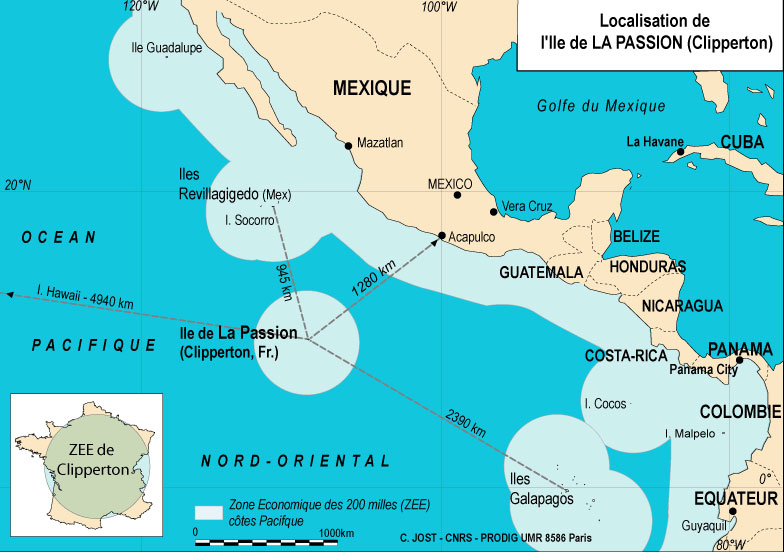
The Mexican government has announced the creation of a new marine reserve in the Pacific Ocean Thursday, the largest protected area of its kind in North America.
Walker doubles down on opposing Pebble Mine, Alaska

Governor Bill Walker is against the controversial mine and said the mine’s developers have not yet proven to him that the project can be done without harming the Bristol Bay region’s salmon fishery.
Scale of human impact on planet has changed course of Earth’s history, scientists suggest

The significant scale of human impact on our planet has changed the course of Earth history, an international team of scientists led by the University of Leicester has suggested.
Mathematics predicts a sixth mass extinction
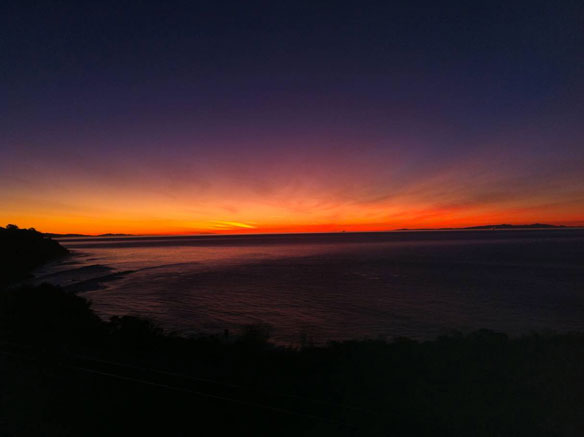
MIT scientists have analyzed significant changes in the carbon cycle over the last 540 million years, including the five mass extinction events. They have identified ‘thresholds of catastrophe’ in the carbon cycle that, if exceeded, would lead to an unstable environment, and ultimately, mass extinction.
Why Sardinia’s tourists taking sand as souvenir face fine
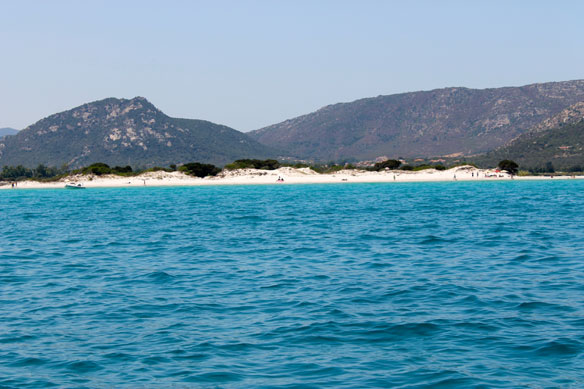
Famed for its pristine beaches, the Mediterranean island of Sardinia has hit back at holidaymakers who have been pinching its sand.
Spectacular rebirth of Belize’s coral reefs threatened by tourism and development
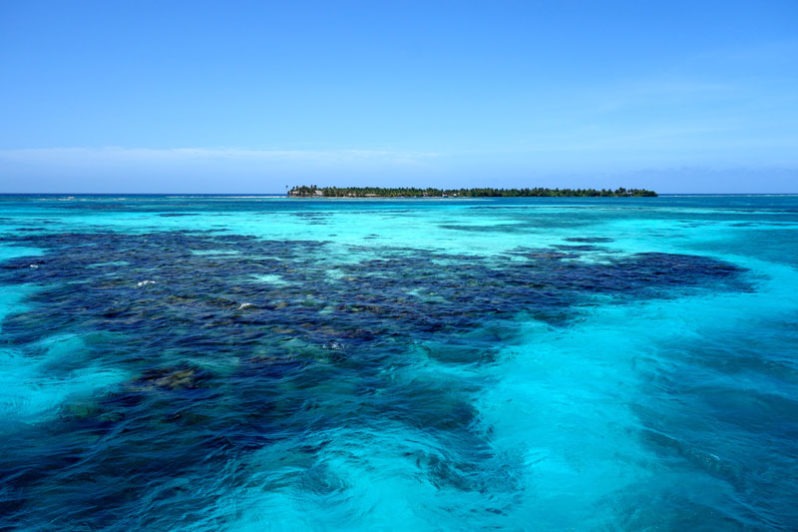
Report reveals improvement but also details danger posed by tourist-generated pollution, oil extraction and climate change.
Marine noise pollution stresses and confuses fish
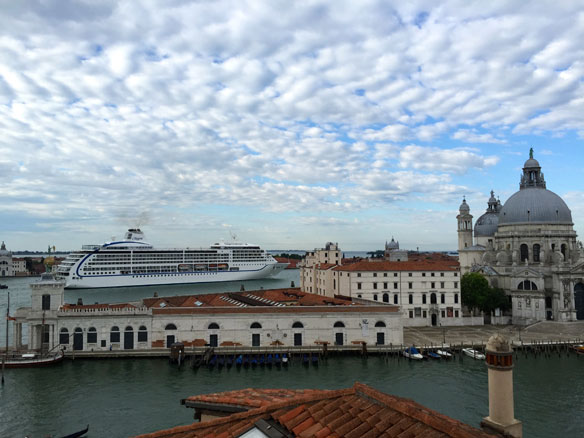
Increased noise pollution in the oceans is confusing fish and compromising their ability to recognise and avoid predators.
“Dead zone” in the Gulf of Mexico is biggest ever
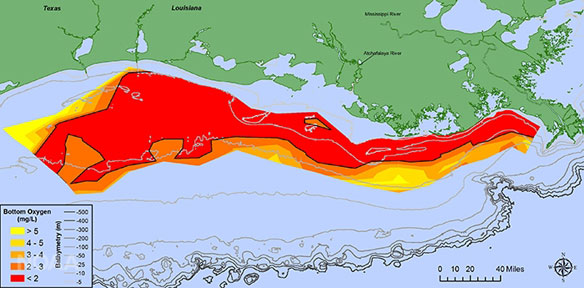
Each summer, a large part of the Gulf of Mexico “dies”. This year, the Gulf’s “dead zone” is the largest on record, stretching from the mouth of the Mississippi, along the coast of Louisiana to waters off Texas, hundreds of miles away. Around 8,776 square miles of ocean, an area the size of New Jersey or Wales, is almost lifeless.
Earth Overshoot Day 2017: August 2nd
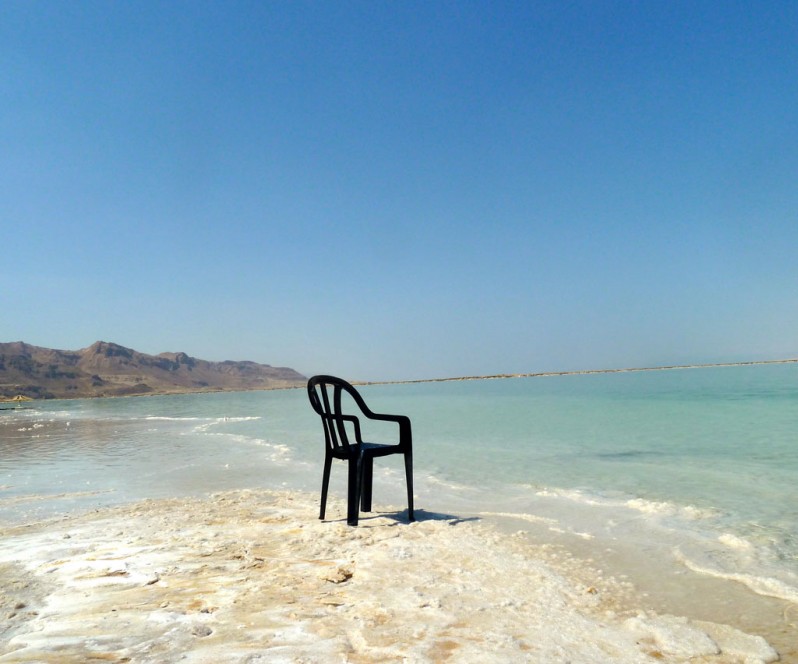
Earth Overshoot Day will arrive on August 2 this year, according to environmental groups WWF and Global Footprint Network. It means humanity will be living on “credit” for the rest of the year. It’s the earliest date since the day was first calculated in 1971.
